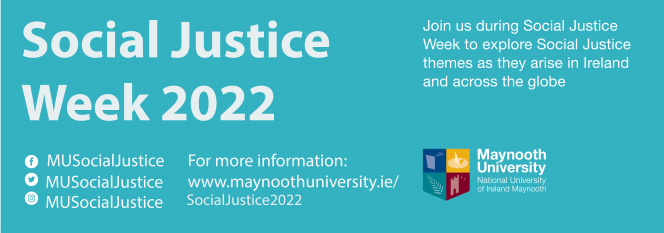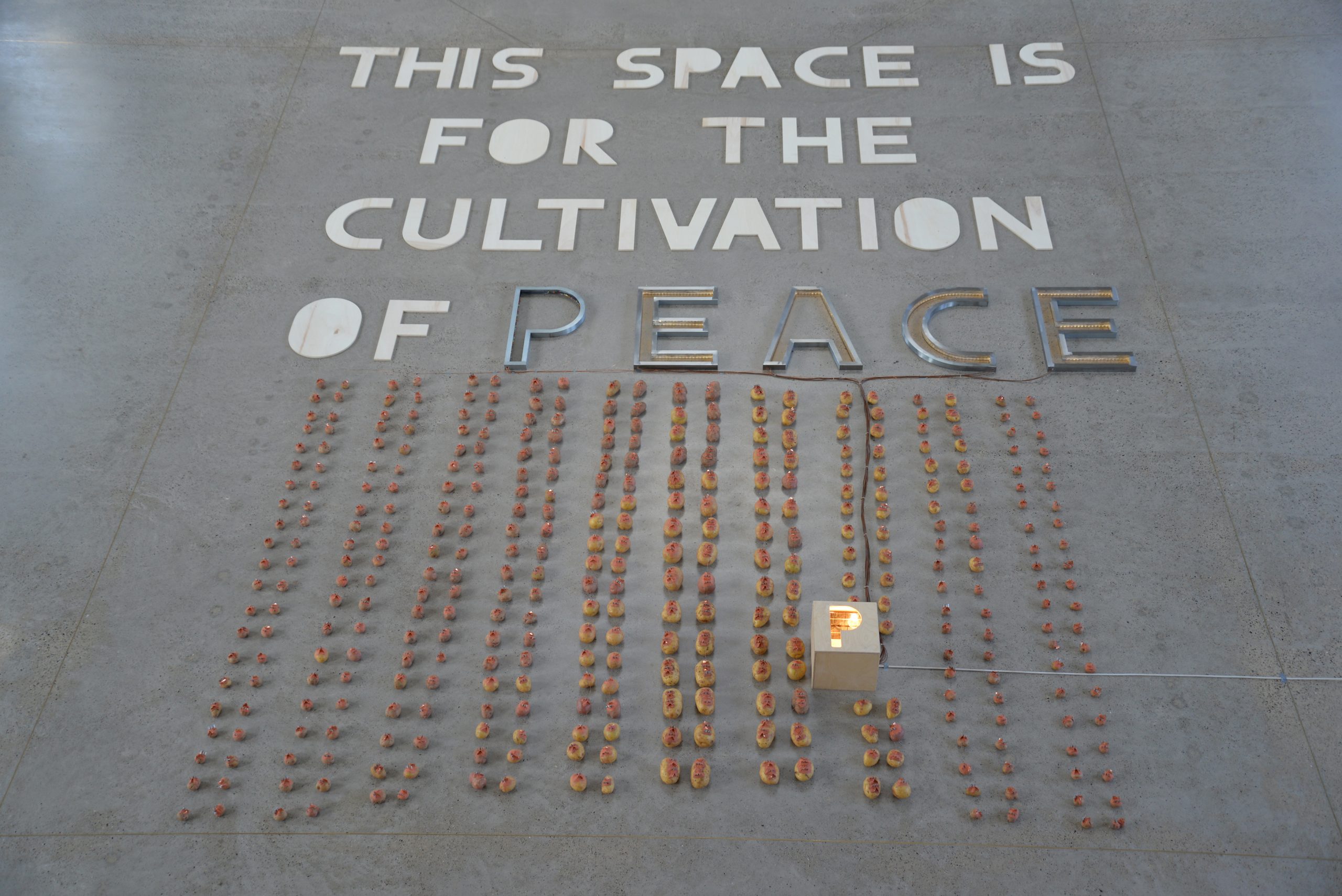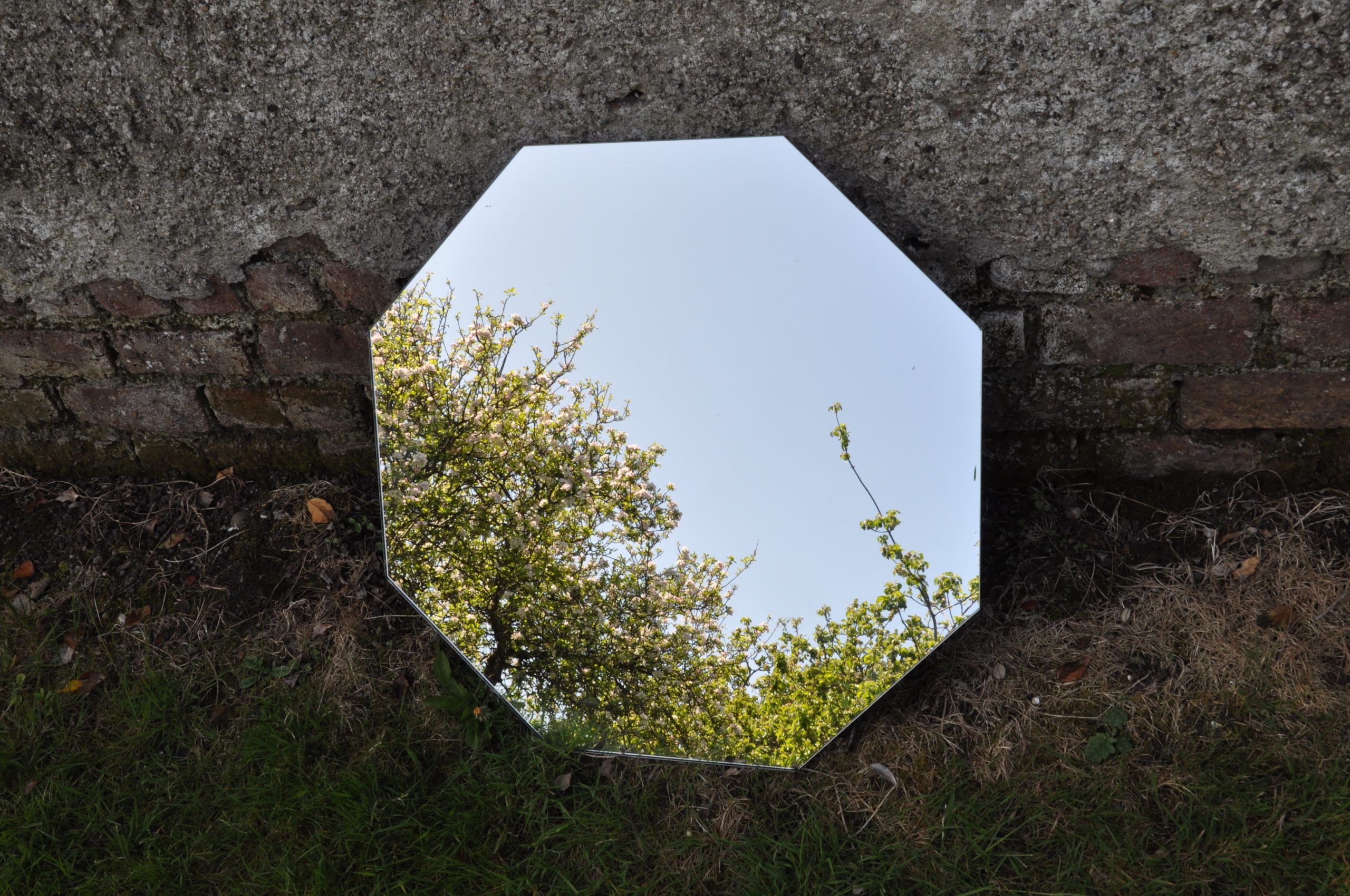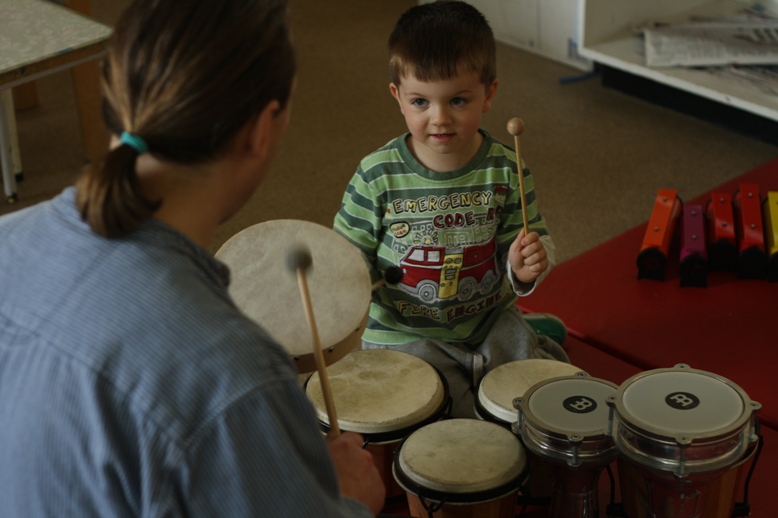Spatial Justice in Dublin 8
A blog series, ‘Spatial Justice in Dublin 8’ as part of Social Justice Week

Common Ground is delighted to share Maynooth Geography’s blog series – ‘Spatial Justice in Dublin 8’ as part of #MaynoothUniversity’s Social Justice Week 2022 from 21 -25th March.
In March 2020 Common Ground awarded the artist and activist Kate O’Shea the Just City, Counter Narrative Neighbourhood award. As part of the Just City award, from 2020 -2022 we invited Karen Till, Maynooth Geography to respond to the key spatial justice issues that the award was seeking to reflect on.
All the blogs can be accessed here.
Karen E. Till is a Professor of Cultural Geography at Maynooth University, Co-Director of the MA in Spatial Justice and Postgraduate Diploma in Geography, and convenor of the Space & Place Research Collaborative. She is editor of the ‘Spatial Justice in Dublin 8’ blog series published as part of Maynooth Social Justice Week 2022, and in partnership with Common Ground.
Till writes, ‘As a community-based arts organisation, Common Ground is broadly informed by the values of social justice. For the last twenty years, Common Ground has hosted a range of relationships with local groups, activists and artists to support innovative and creative approaches to build healthy and sustainable communities in Dublin 8. Such projects need time and care, and are especially important when considering the local area in an historic and geographical context. As the next blogs will attest, Dublin 8 is an historically rich part of the city, but has been systematically ignored by the state at multiple levels over many decades, resulting in systemic exclusion from resources and support, including housing, what geographer Rachel Pain (2019) describes as ‘chronic urban trauma’. Following years of austerity, and an endemic housing and homelessness crisis, city boosters have decided to develop Dublin 8 through rent-only apartments, student and visitor accommodation, a new national children’s hospital development, and gentrification projects. This form of ‘urban renewal’, with high-rent zones, privatised green spaces, and new sites of cultural consumption, has resulted in further displacement and social instability. At the same time, local residents and activists continue to build upon many decades of hard work to advance affordable social housing projects. In this context, the work of Common Ground with local communities and artists in residence is both challenging and inspiring’.




